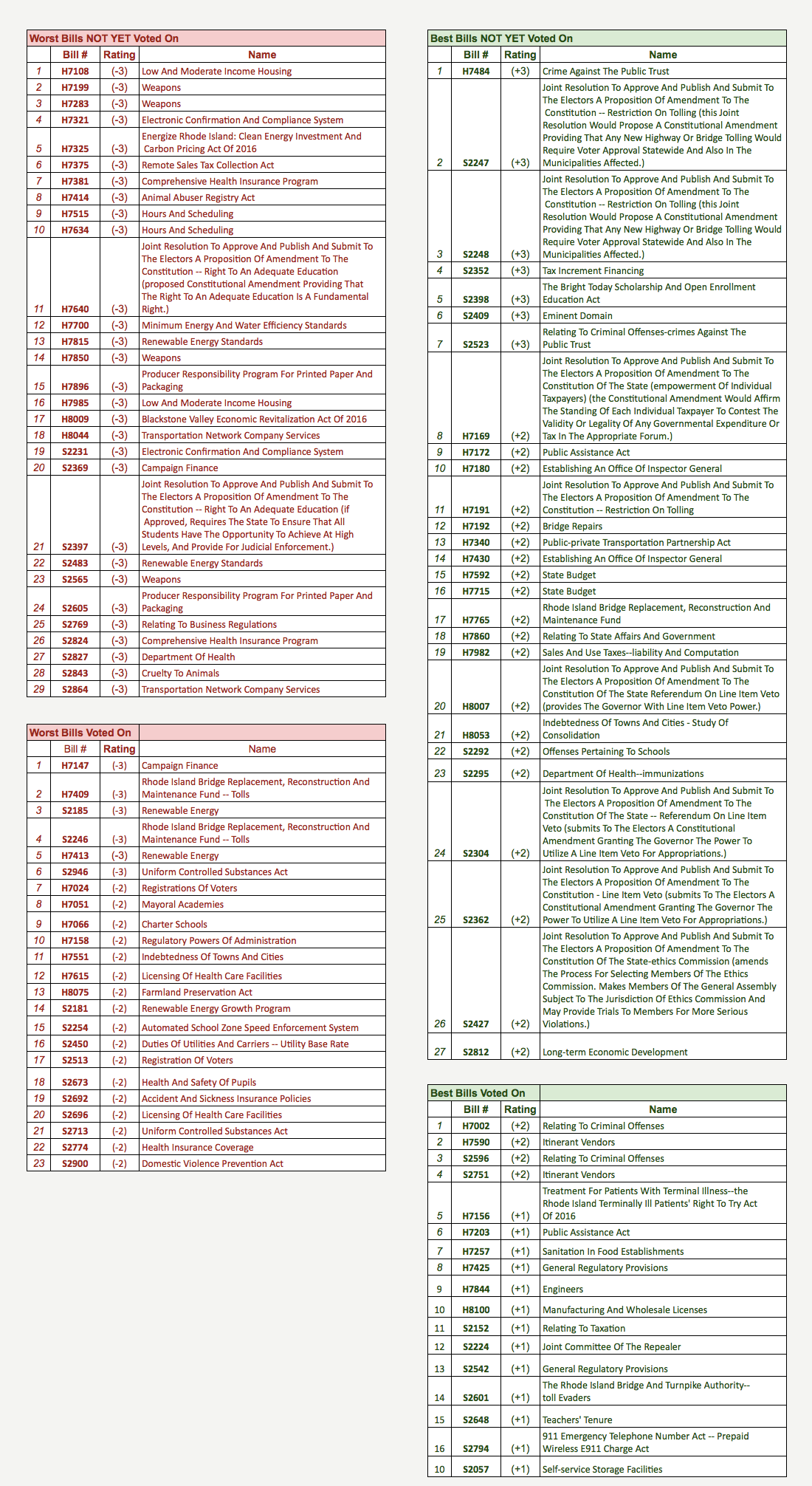Commentary: CEO Stenhouse congratulates 10 lawmakers who have resisted immoral legislative grants, and rips the public policy culture they perpetuate.
See the video on The Ocean State Current
Good day Rhode Island, I’m Mike Stenhouse with the RI Center for Freedom & Prosperity welcoming you to our debate series, “What’s really in your best interests?”. Today we’ll explore the recently publicized and controversial topic of legislative grants. Are lawmakers the only people at fault, or is there a larger, more fundamental problem at play?
Legislative grants hand-out your taxpayer dollars to organizations in an arbitrary, yet highly politicized process. When your local Little League or parade receives such a grant, totaling anywhere from a few hundred to a few thousand dollars, local lawmakers gets the credit for giving away your money … assuming those lawmakers, of course, are in favor with House and Senate leadership – this is where the internal politics comes in.
Much of the media attention has focused on lawmakers who have applied for such grants in a corrupt process to gain favor with voters. In looking at the other side of the coin, however, I’d like to recognize 10 lawmakers in the General Assembly who have not applied for a single legislative grant this year. In alphabetical order, they are:
Rep Greg Constantino, Democrat, Lincoln
Rep Blake Filippi, Independent, New Shoreham
Senator Mark Gee, Republican, East Greenwich
Rep Robert Jacquard, Democrat, Providence
Rep Karen MacBeth, Democrat turned Republican, Cumberland
Rep Brian Newberry, Republican minority leader, North Smithfield
Rep Jeremiah O’Grady, Democrat, Lincoln
Senator Ed O’Neill, Independent turned Republican, Lincoln
Senator John Pagliarini, Republican, Bristol
Rep Sheri Roberts, Republican, West Greenwich
These 10 lawmakers apparently understand the larger “principle” involved here … that the politicization of your hard-earned taxpayer dollars is simply wrong! I applaud these 10 lawmakers and I ask you to thank them next time you see them.
However, while we give “cheers” to these 10, there is another group who roundly deserve “boos”. The problem with legislative grants is not just the waste of your taxpayer dollars, but it’s the culture they perpetuate. It seems more and more, whether it be 38 Studios, a baseball stadium, the Superman building, local groups, and countless other private enterprises … that far too many individuals and businesses are becoming increasingly dependent on government handouts to survive or to boost their profits.
Just go up to Smith Hill some day. See who’s hanging around outside and inside the legislative chambers, listen to who testifies at the various hearings, and if you’re like me you’ll be sickened by sheer number of people up there demanding they get some of your money … as if it’s their right. No wonder some call it a “Den of Thieves”.
I say shame on you if you’re one of these businesses or groups who come begging to Smith Hill, to your legislators, or to your local town and city council with your hands out; whether seeking tax credits, subsidies, loan guarantees, tax stabilization plans, or, yes, a legislative grant.
If you’re one of these beggars, you are as big a problem as the lawmakers who accede to your demands.
You help perpetuate a special-interest culture of corruption
You help create an unfair playing field that distorts the free-market economy.
Why does your organization have any right to my money?
You are not examples of successful American capitalism … you are byproducts of insider cronyism.
This overly-politicized “money” culture is immoral and it must stop. If we are to reform this corrupt culture, it must start with you … the people of Rhode Island. Our Center has never taken and never will take a single dime of taxpayer money. We depend entirely on the generosity of private individuals and private foundations.
Stop seeking government handouts … instead, start doing it yourself.
Stop supporting special-interest spending policies … instead, start demanding broad-based tax and regulatory cuts that benefit all of us.
Stop cozying up to politicians in order to curry monetary favor from them … instead, start holding them accountable when they politicize your money.
Friends, together, we can stop this corruption that benefits the insiders and hurts the rest of us. Let’s make a point of congratulating these 10 lawmakers … and among ourselves, let’s pledg to build our futures, on our own, so that our prosperity will be based on nothing more than our own hard work and ingenuity.
This how Rhode Island can be returned to prosperity.
In liberty, I remain at your service. This is Mike Stenhouse, good day.


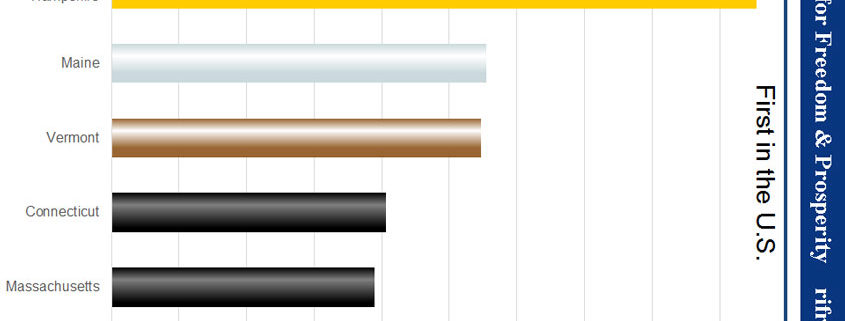
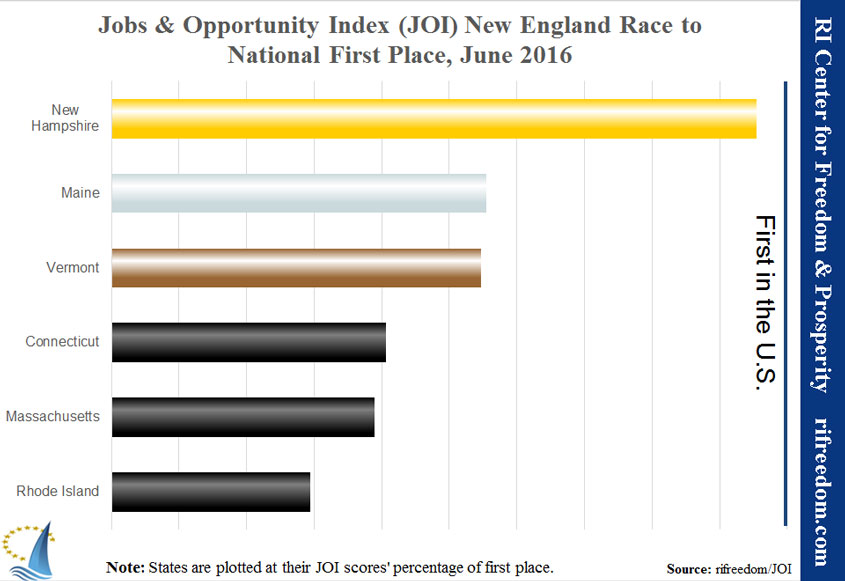
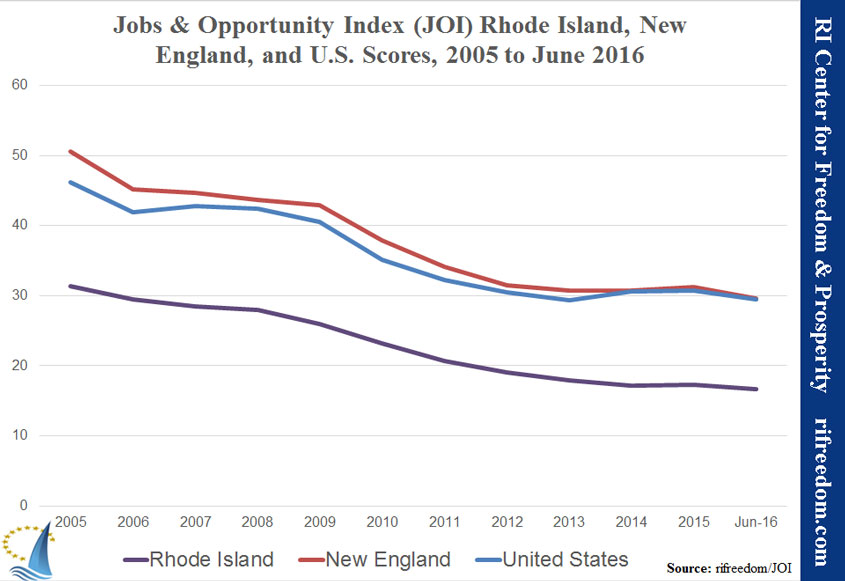
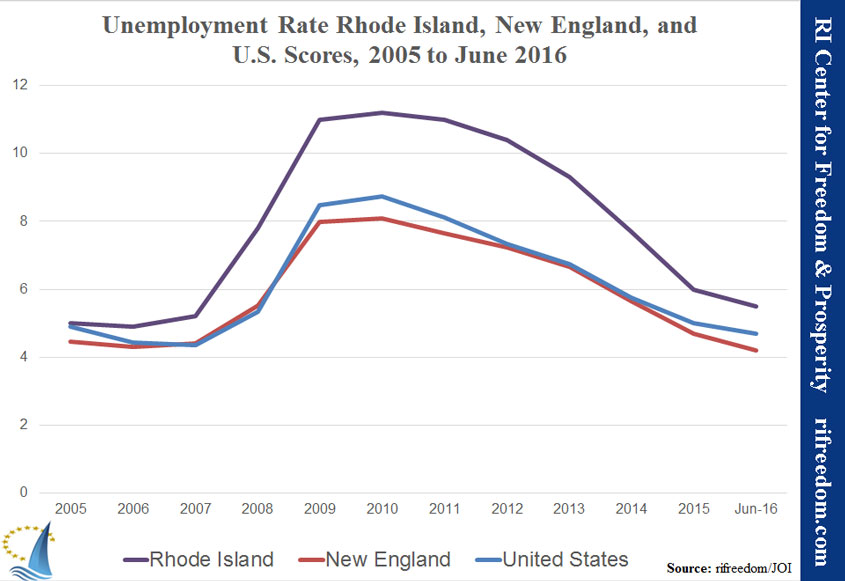

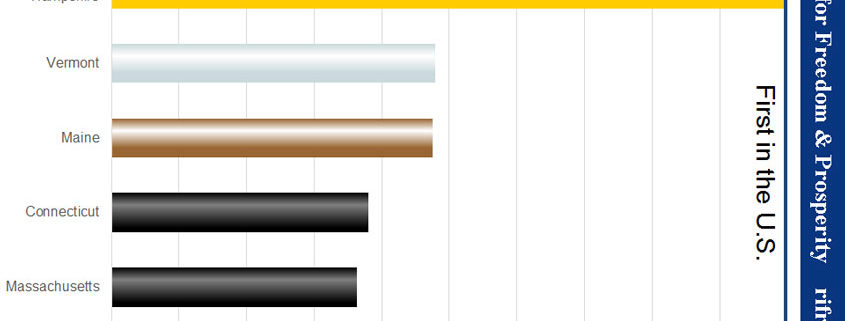
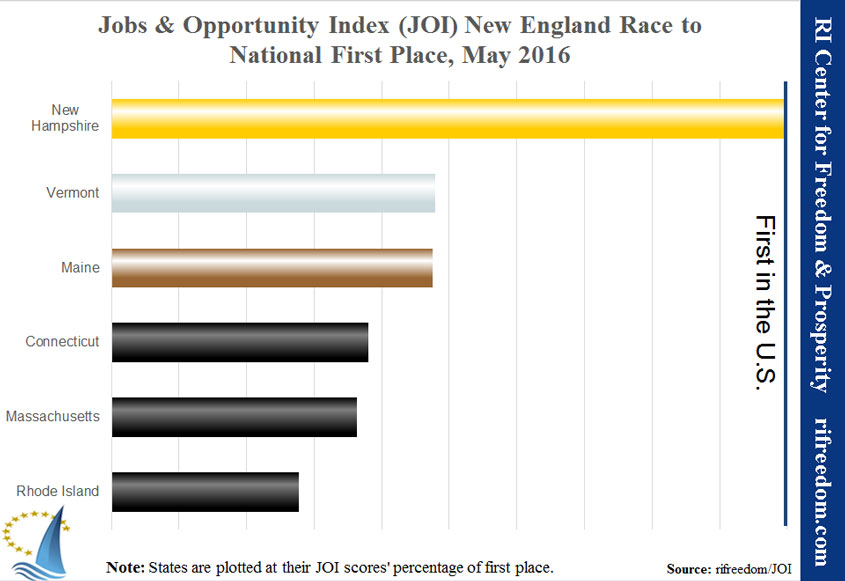
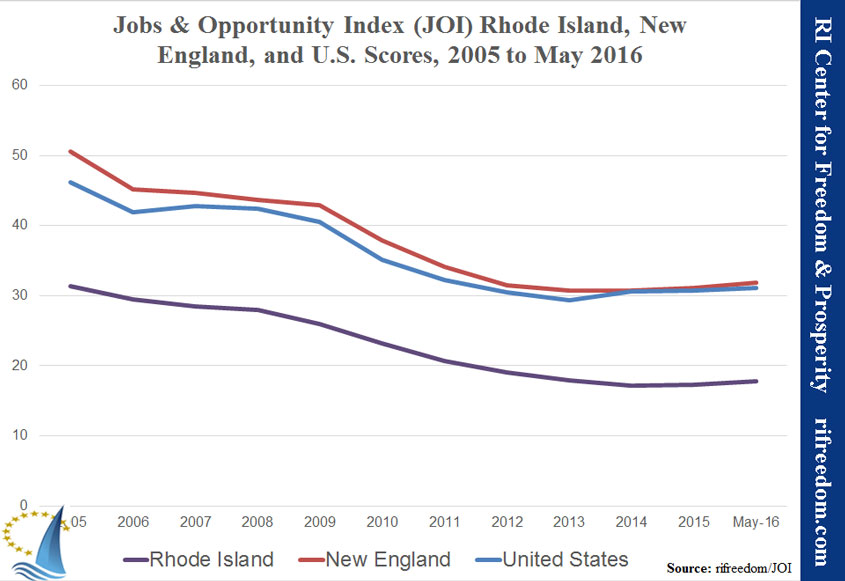
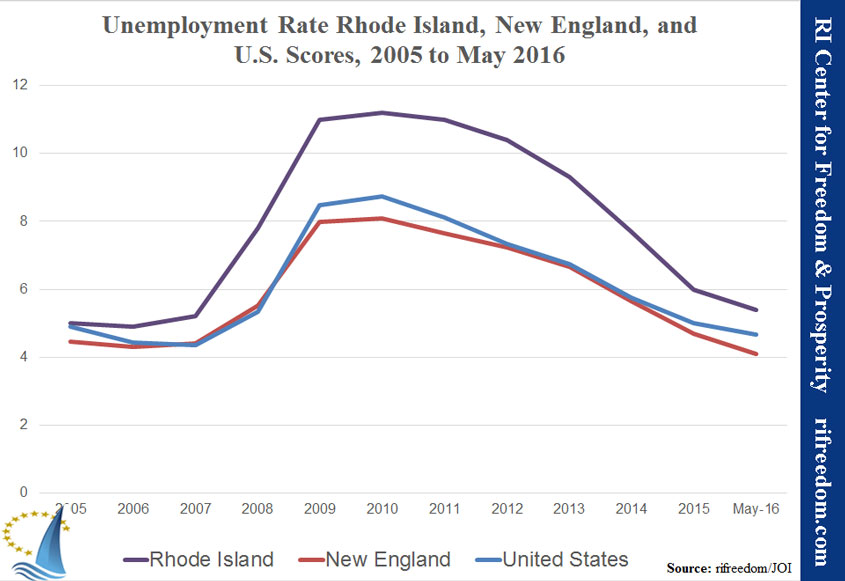
 The RI Center for Freedom & Prosperity has occasionally
The RI Center for Freedom & Prosperity has occasionally 